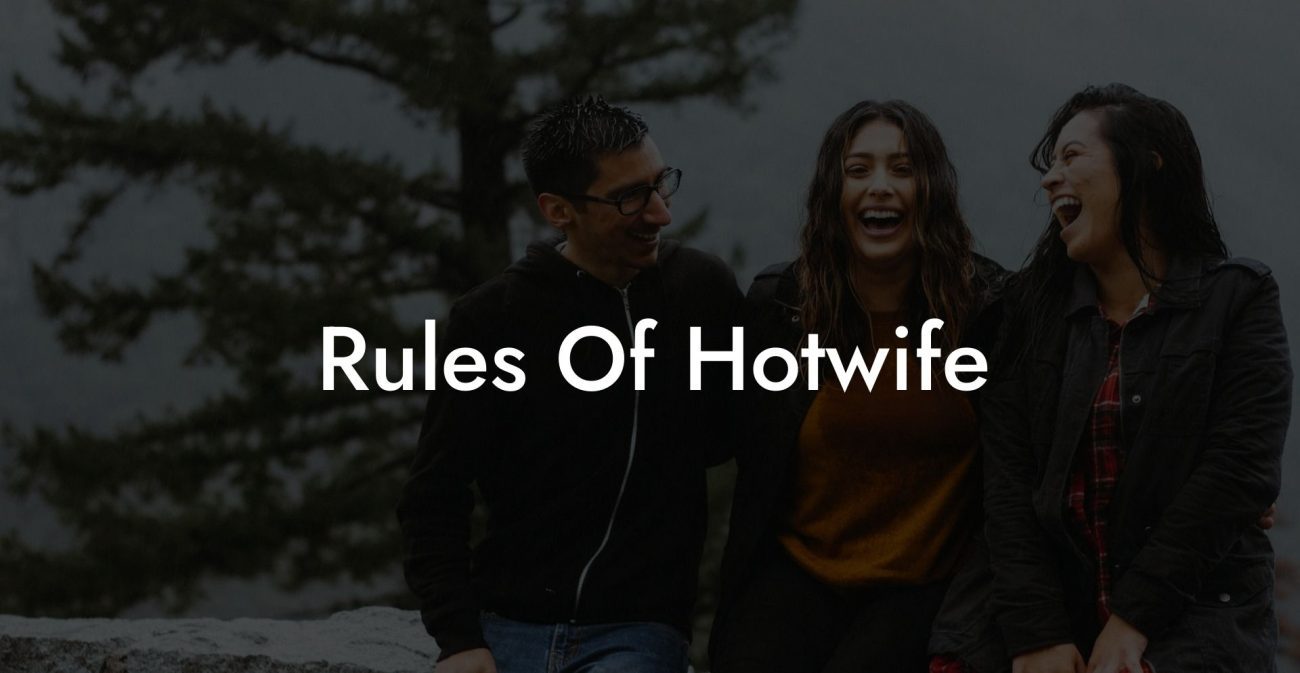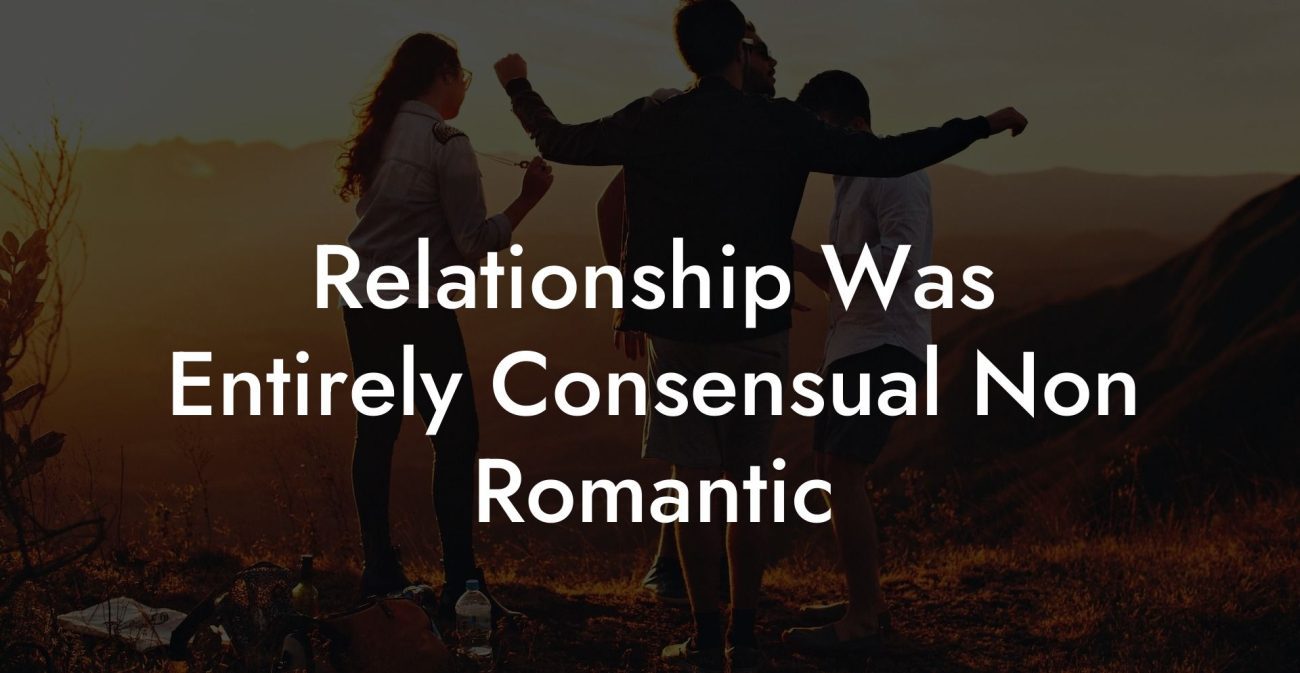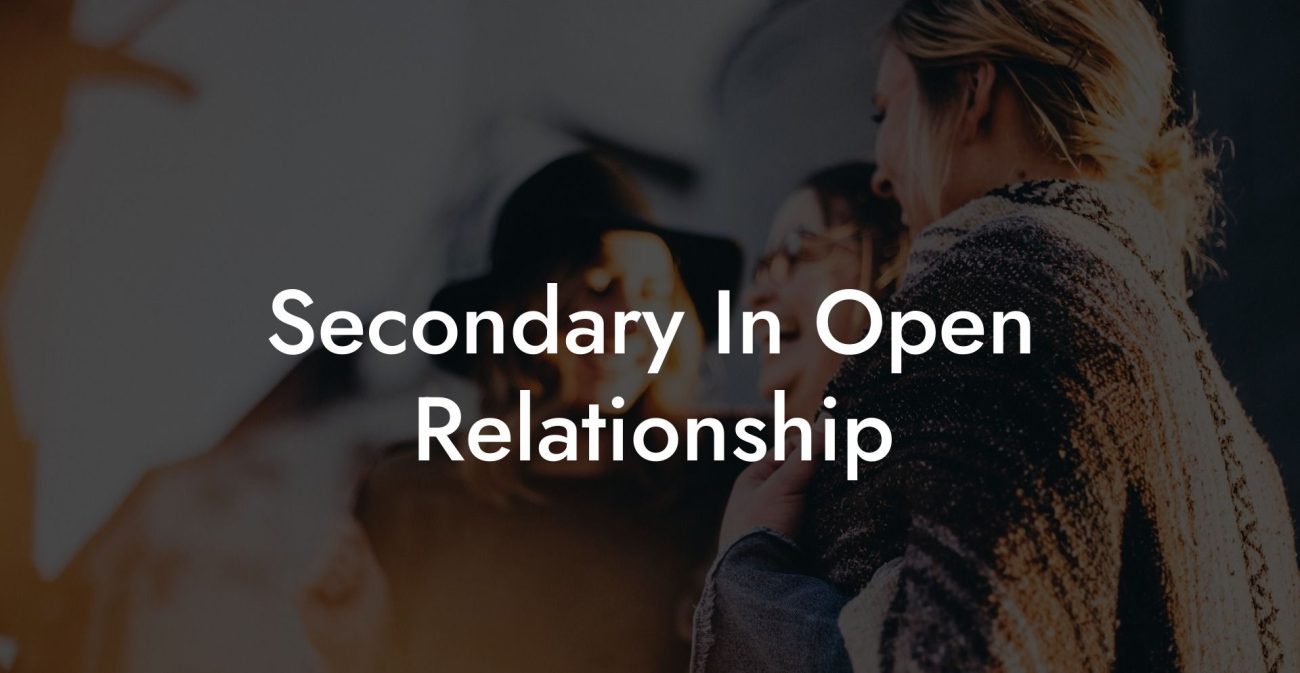Throughout human history, relationships have taken many forms, from polygamy to open relationships to our contemporary emphasis on monogamy. But when did monogamy really begin? What are the factors that have contributed to its widespread adoption, and why do people continue to practice it today? In this article, we'll delve into the fascinating evolution of monogamous relationships and discuss the factors that have shaped them over time. So sit back, get comfortable, and join us in our journey as we unravel the origins and development of monogamy in human societies.
When Did Monogamy Start Table of Contents
Brief History of Monogamy
The history of monogamy as a social practice is difficult to pinpoint due to the complexity of human sexuality and social structures that have evolved over time. However, some anthropologists argue that monogamous pairings likely arose in early human hunter-gatherer societies, as they were more beneficial in comparison to polygamous relationships. The idea is that males, in order to better protect and provide resources for their offspring, would form long-term bonds with females, thus decreasing competition over resources and providing more effective child-rearing.
In ancient civilizations such as Greece and Rome, monogamy was the norm, considered ideal for maintaining social order and stability. Nonetheless, monogamy was not universally practiced, and extramarital affairs were often tolerated or even encouraged. This shifted over time, particularly with the rise of monotheistic religions like Christianity and Islam, which emphasized the sanctity of the marital bond and propagated the idea of lifelong monogamous unions.
Biological and Evolutionary Factors
From a biological and evolutionary perspective, monogamy is rare in the animal kingdom – only about 5% of mammals exhibit lifelong pair bonds. However, humans are part of that 5%, and some researchers believe that this is due to the intense care required to raise human offspring.
In early human societies, resource competition was fierce, and individuals with more resources were more likely to be successful in terms of survival and reproduction. By forming stable monogamous relationships, men and women could ensure that resources were effectively shared and children received a greater likelihood of surviving and flourishing.
Additionally, forming long-lasting pair bonds may have also reduced conflict, risk of infanticide, and fostered greater cooperation within communities as members needed to rely on one another to survive. This, in turn, may have contributed to the overall success and evolution of human societies.
Cultural Factors
Religion and culture have also played a significant role in the adoption and perpetuation of monogamy. Western religions like Christianity, Judaism, and Islam uphold monogamous marriages as ideal and virtuous, firmly rejecting polygamy and promoting lifelong commitment between partners.
This cultural bias extends to the legal sphere as well, with most modern societies building legal frameworks that support monogamous unions. It's worth noting that some societies still embrace polygamy, often in the context of religious or cultural practices.
The Influence of Love
Perhaps the most romanticized aspect of monogamy is the overwhelming importance placed on love and the idea of a lifelong, exclusive partnership. This "soul mate" concept has become a dominant narrative in Western societies, promoting monogamous relationships as the ultimate expression of love and the basis for a successful and fulfilling life.
Wrap Up
The origins of monogamy can be traced back to a combination of biological, evolutionary, and cultural factors that have evolved over centuries. From our hunter-gatherer ancestors to contemporary societies, monogamy has continued to shape human relationships, influenced by deeply ingrained biological instincts, shifts in cultural norms, and a dash of romantic idealism.
We hope this insight into the history of monogamy has given you a better understanding of its development and practice. If you enjoyed this article, please feel free to share it with others or explore more fascinating content on The Monogamy Experiment. Together, let's delve deeper into the complex world of relationships and all the different forms love can take!













